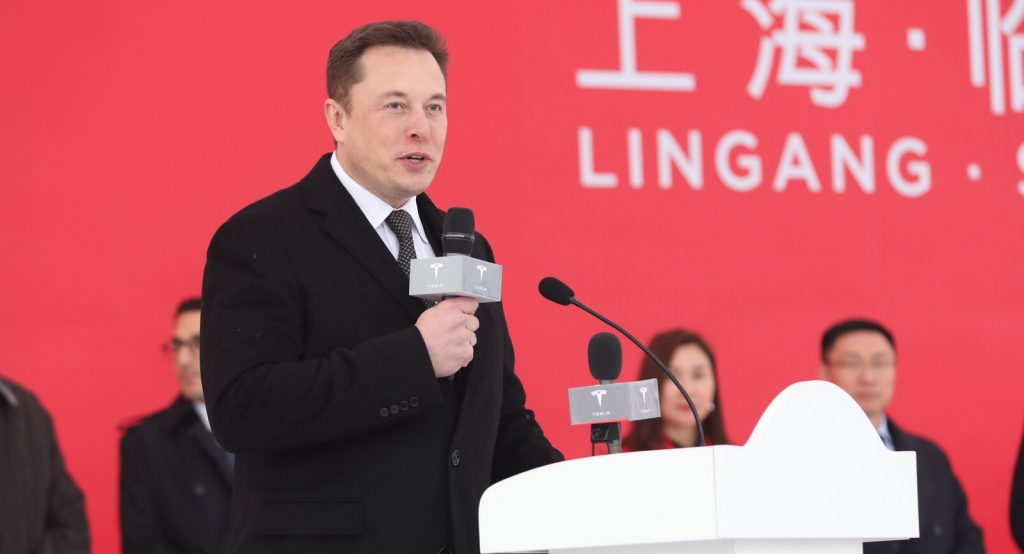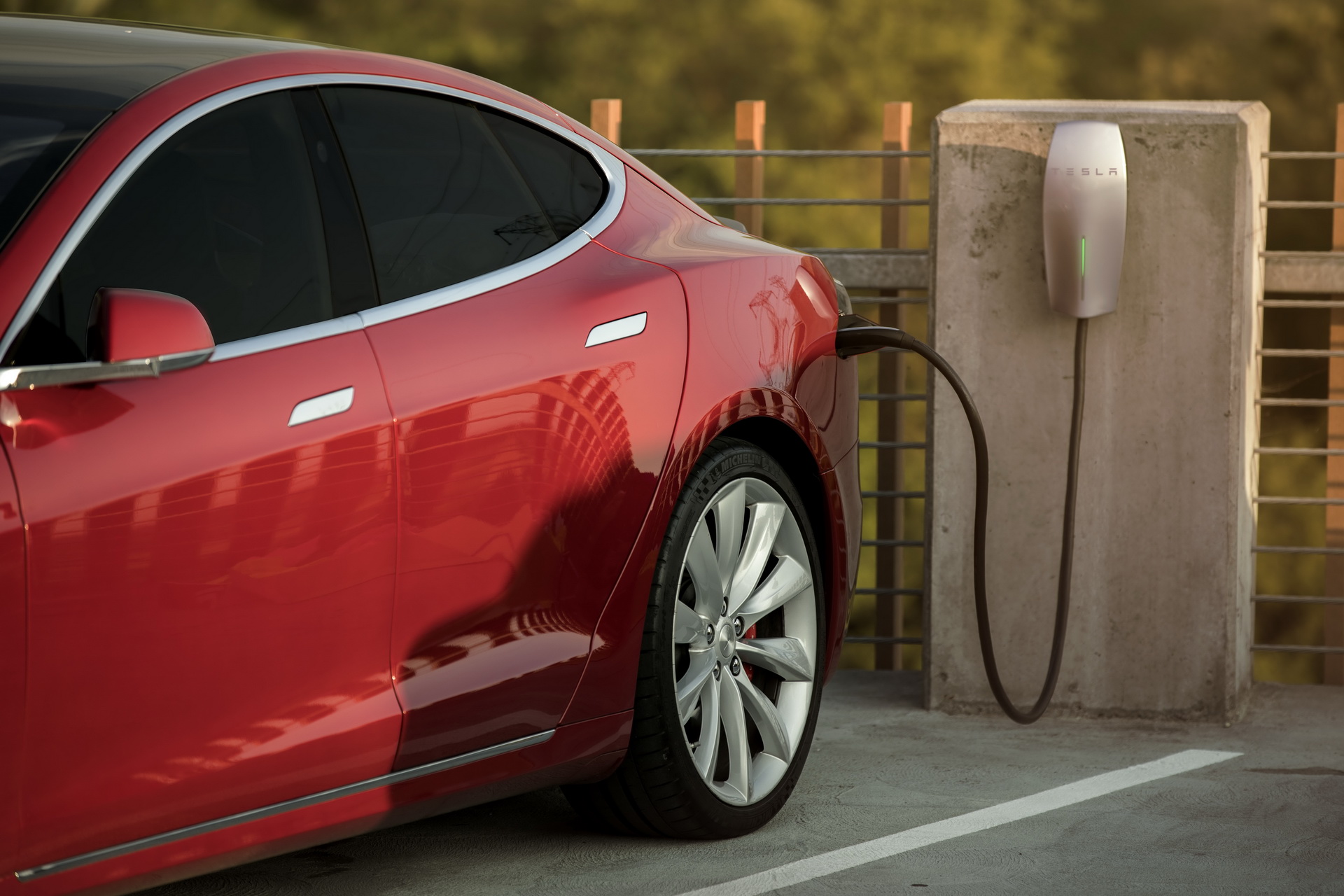Elon Musk suggested that Tesla will be able to produce batteries with a 50 percent more energy density and a longer life cycle in the next three to four years, ahead of the car maker’s ‘Battery Day’ on September 22.
Tesla is expected to announce a number of major advancements in battery cell technology on ‘Battery Day’, right after the conclusion of its 2020 Annual Shareholders Meeting.
Read More: Tesla Is None Too Pleased With Model 3 Owners Modifying Their EVs For Extra Performance
Musk said on Twitter that “400 Wh/kg *with* high cycle life, produced in volume (not just a lab) is not far. Probably 3 to 4 years.”
According to researchers, the energy density of the Panasonic ‘2170’ battery cells used in the Tesla Model 3 is around 260 Wh/kg. Musk’s hint translates into an almost 50 percent jump from the current energy density, a key feature to achieve a longer driving range, Reuters reports.
Tesla also used a strange background image on its site for the announcement of the 2020 Shareholders Meeting, showing series of dots clustered in line formations and leading media and fans into speculation about what the carmaker will reveal that day.
South Korean battery expert Park Chul-wan said that the image may tease the “silicon nanowire anode” technology, which can allegedly increase both energy density and life duration of a battery sharply.
In addition, Panasonic said that they are planning to boost the energy density of the original ‘2170’ battery cell used in the Tesla Model 3 by 20 percent in five years. Tesla is also working with China’s CATL for the creation of a new, low-cost, long-life battery pack for the locally-built Model 3. This is expected to debut later this year or in early 2021, with the new battery expected to last for a million miles of use.





